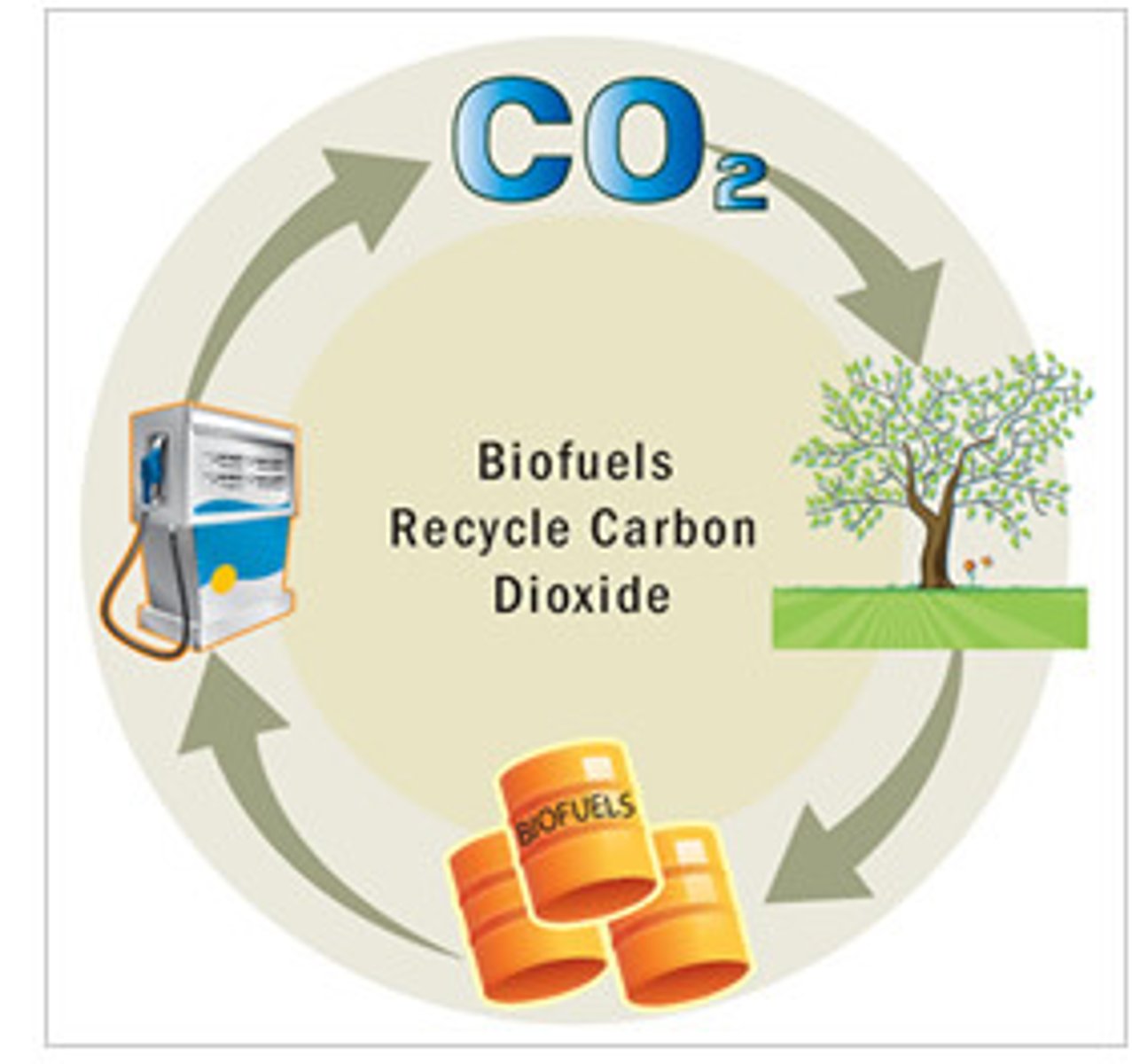Renewable and non-renewable energy resources: Energy: Physics: GCSE (9:1)
1/19
There's no tags or description
Looks like no tags are added yet.
Name | Mastery | Learn | Test | Matching | Spaced | Call with Kai |
|---|
No analytics yet
Send a link to your students to track their progress
20 Terms
Energy resource
A useful supply or store of energy
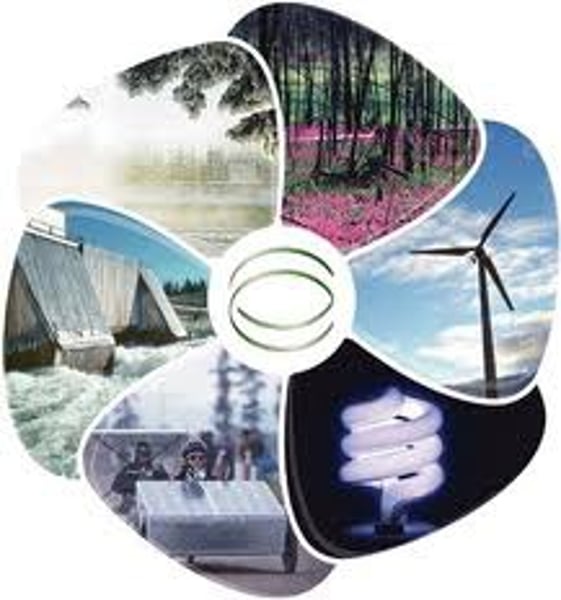
Non-renewable
Energy sources that they are being used at a higher rate than they can be replaced so will eventually run out (finite)
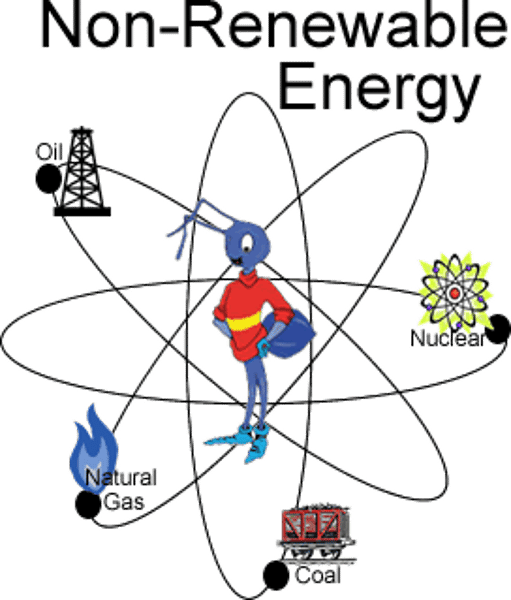
Examples of non-renewable resources
Fossil fuels (coal, crude oil, natural gas), nuclear fuels (uranium, plutonium)
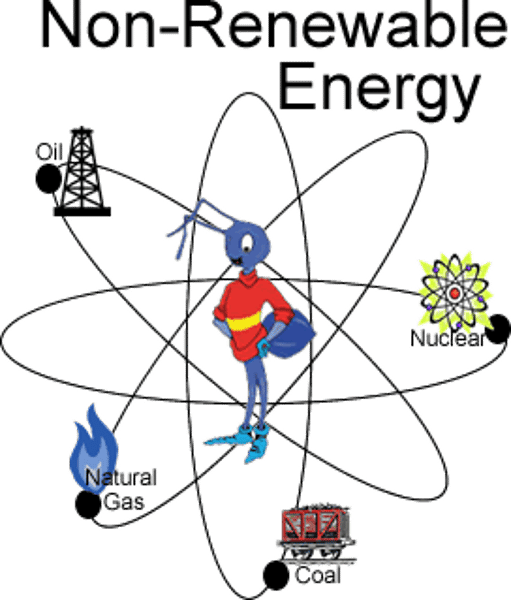
Finite
Something that has a limited number of uses before it runs out

Renewable
Energy sources that are (or can be) replenished as they are being used so will not run out
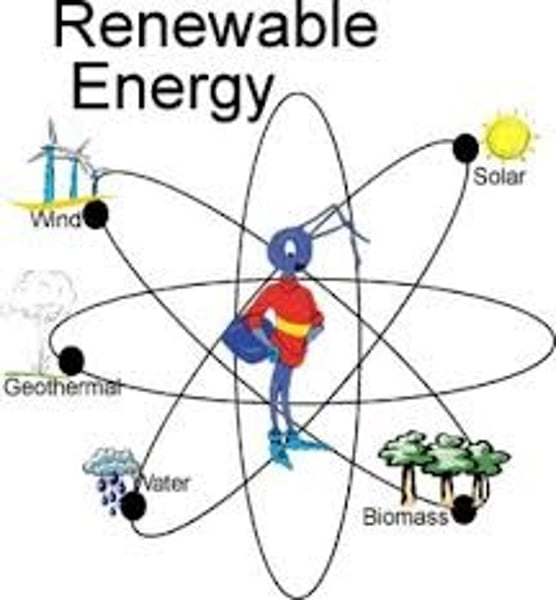
Examples of renewable resources
Bio-fuels, solar, wind, geothermal, wave, tidal, hydroelectric
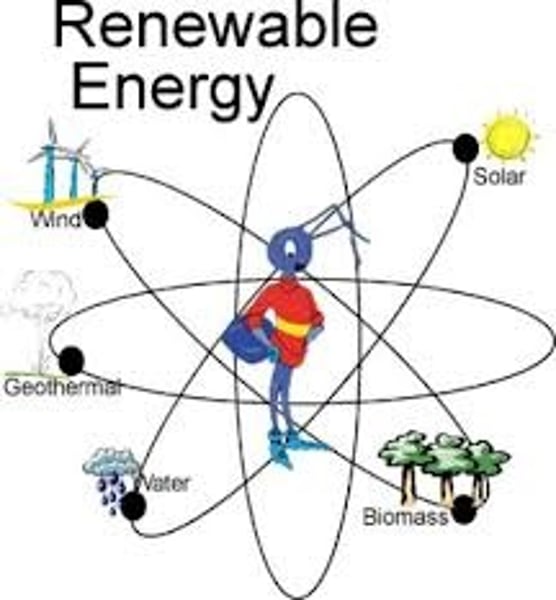
Replenishing renewable resources
Human action, natural processes

Fossil fuels
Fuels formed from the remains of living organisms (coal, crude oil, natural gas)
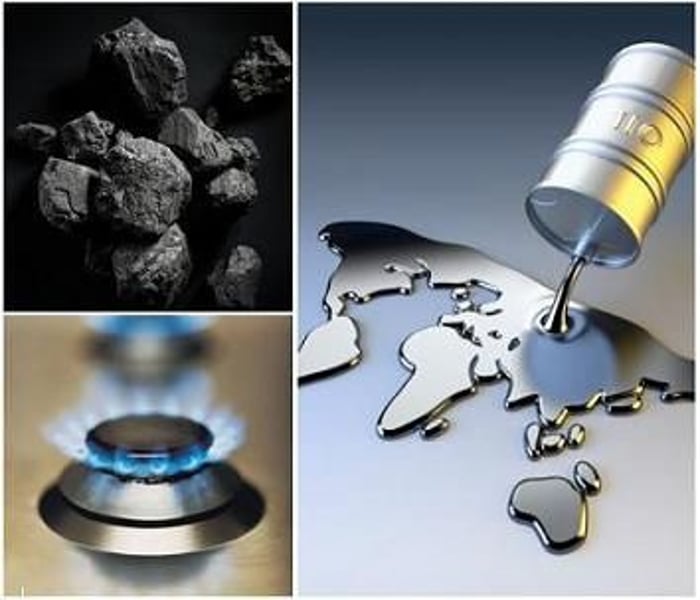
Nuclear fuels
Radioactive materials used in nuclear reactors (uranium, plutonium)
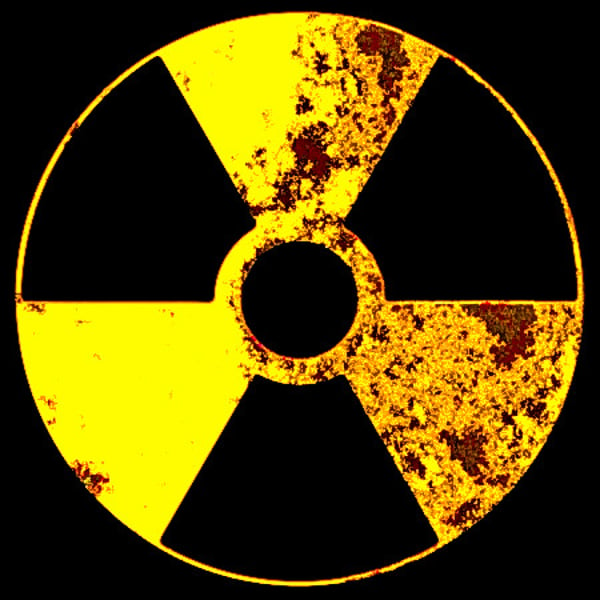
Bio-fuels
Fuels made from plant and animal waste (wood; bio-diesel)
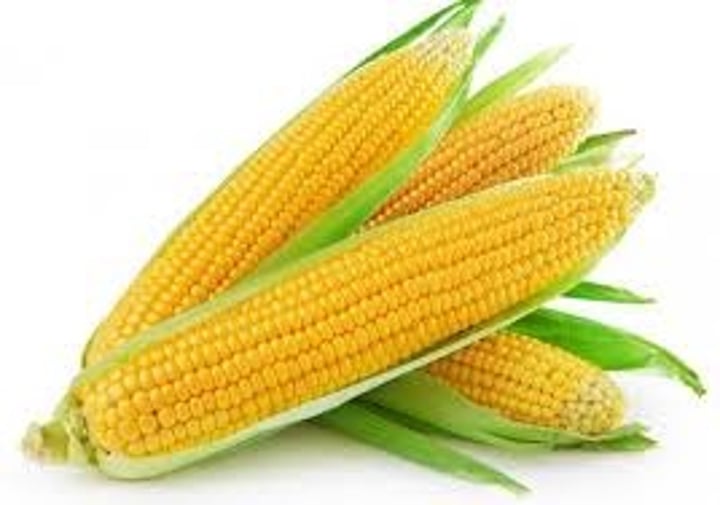
Resources used for transport
Fossil fuels, bio-fuels
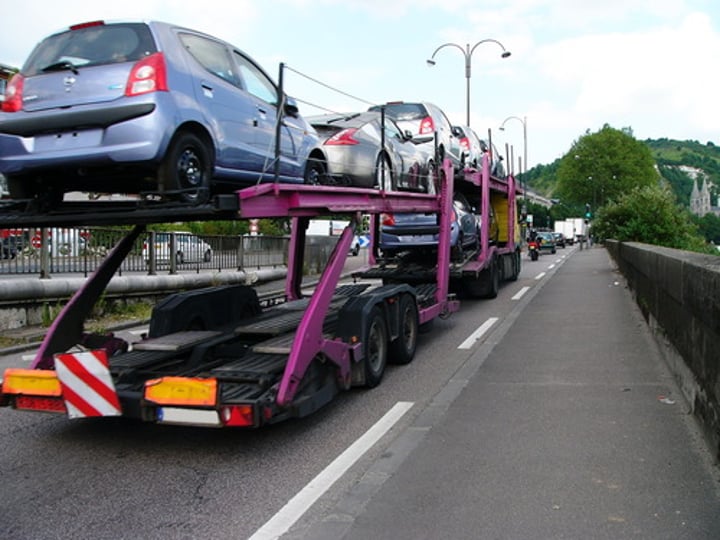
Resources used for heating
Fossil fuels, bio-fuels, geothermal, solar
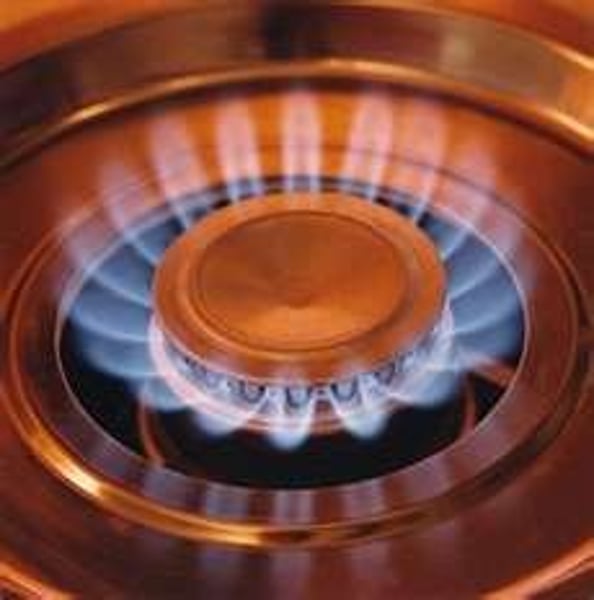
Resources used to generate electricity
Fossil fuels, nuclear fuels, bio-fuels, solar, wind, geothermal, wave, tidal, hydroelectric
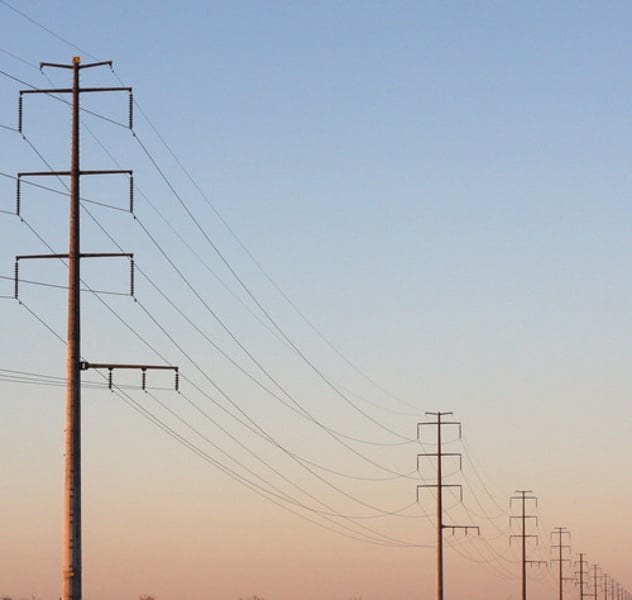
Reliable (energy resource)
an energy resource that can supply enough energy to meet demand at predictable times
Examples of reliable resources
Fossil fuels, nuclear fuels, bio-fuels, tidal, hydroelectric and geothermal
Environmental impact
the damage to the environment caused by using an energy resource to produce electricity
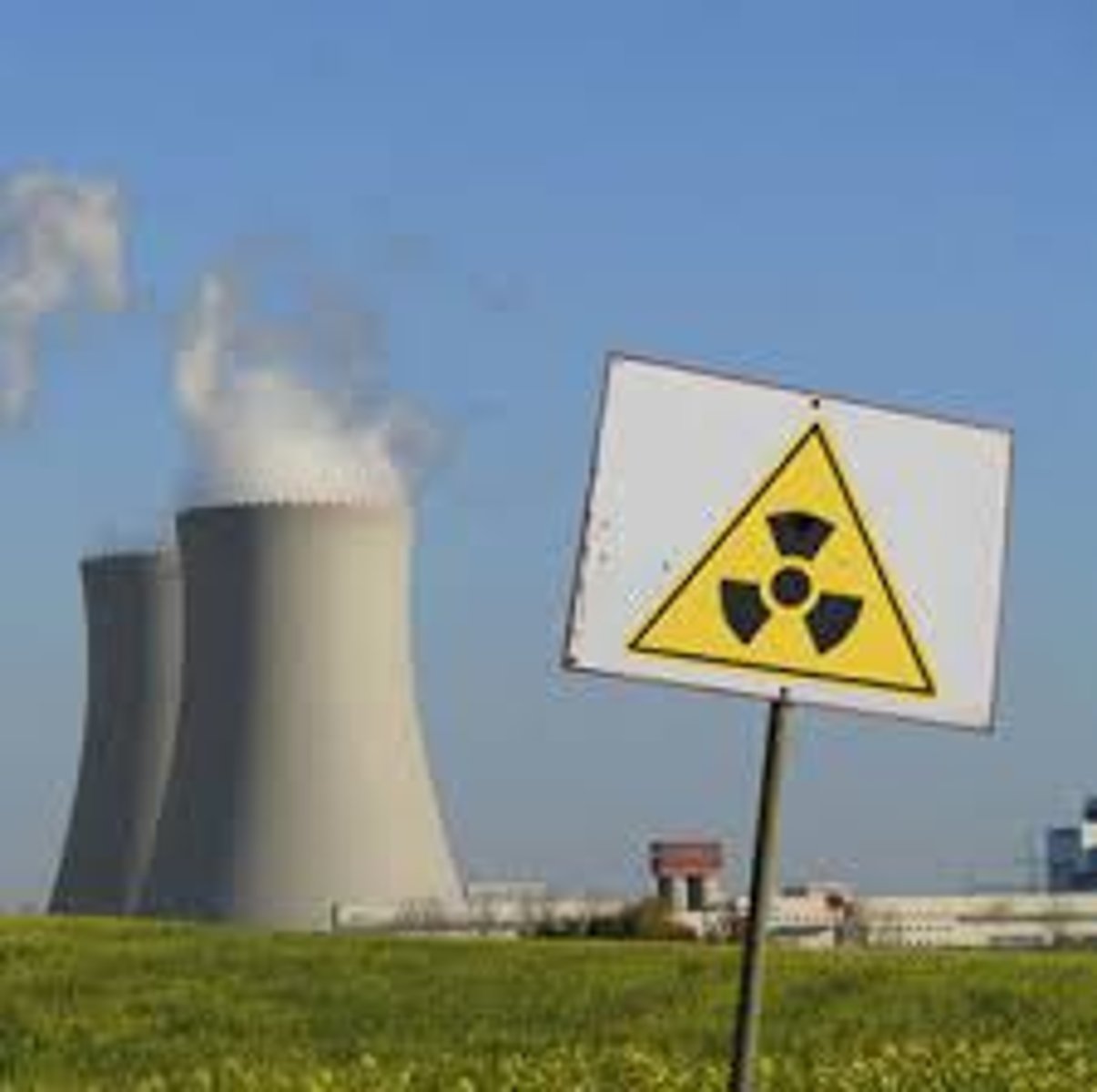
Examples of environmental impact
Pollution, harmful waste products and loss of habitats
Pollution
Damage to the land, air or water caused by a toxic chemical or an object
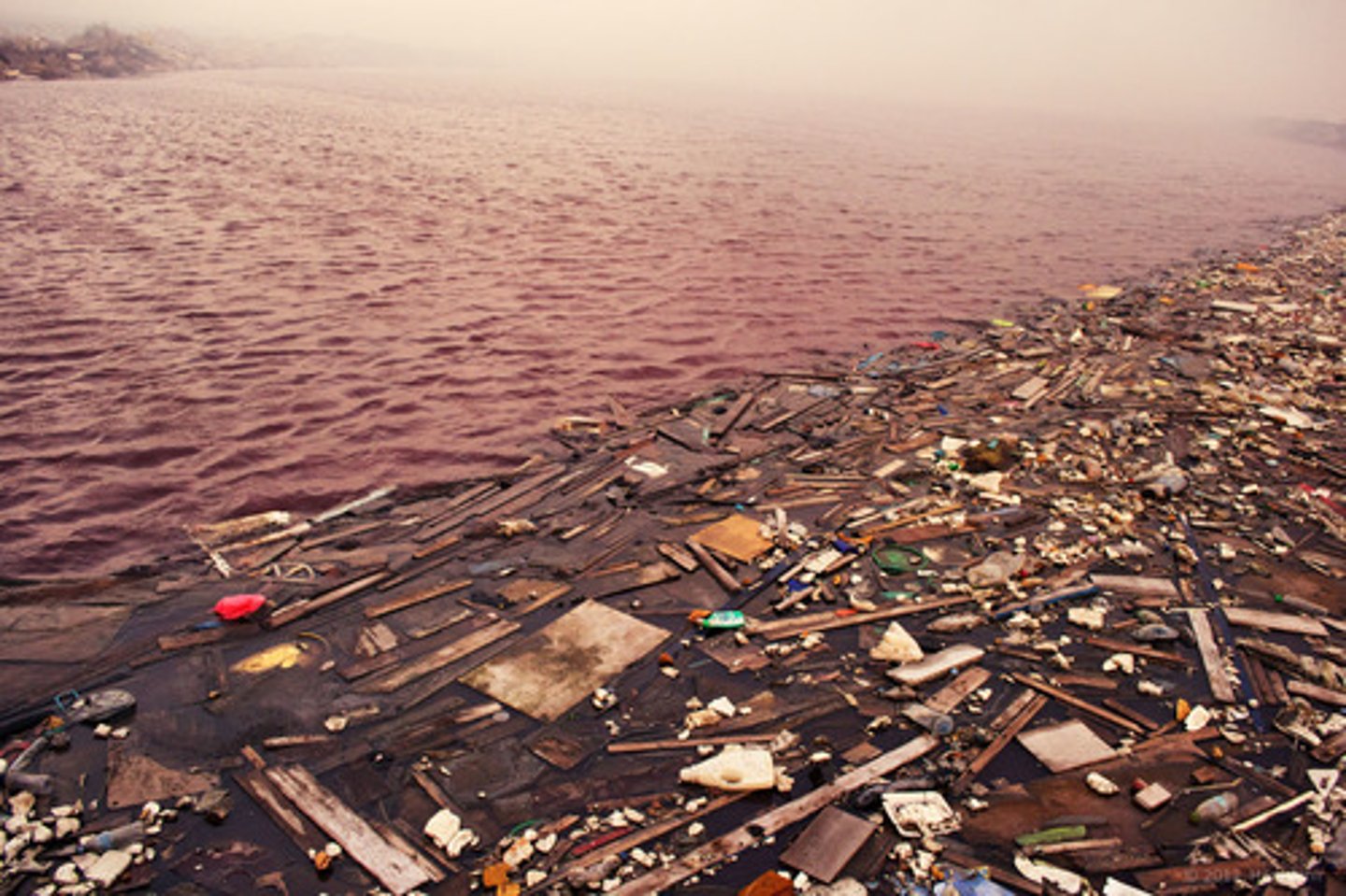
Atmospheric pollution
Carbon dioxide released from burning fossil fuels and bio-fuels, sulfur dioxide released from burning coal
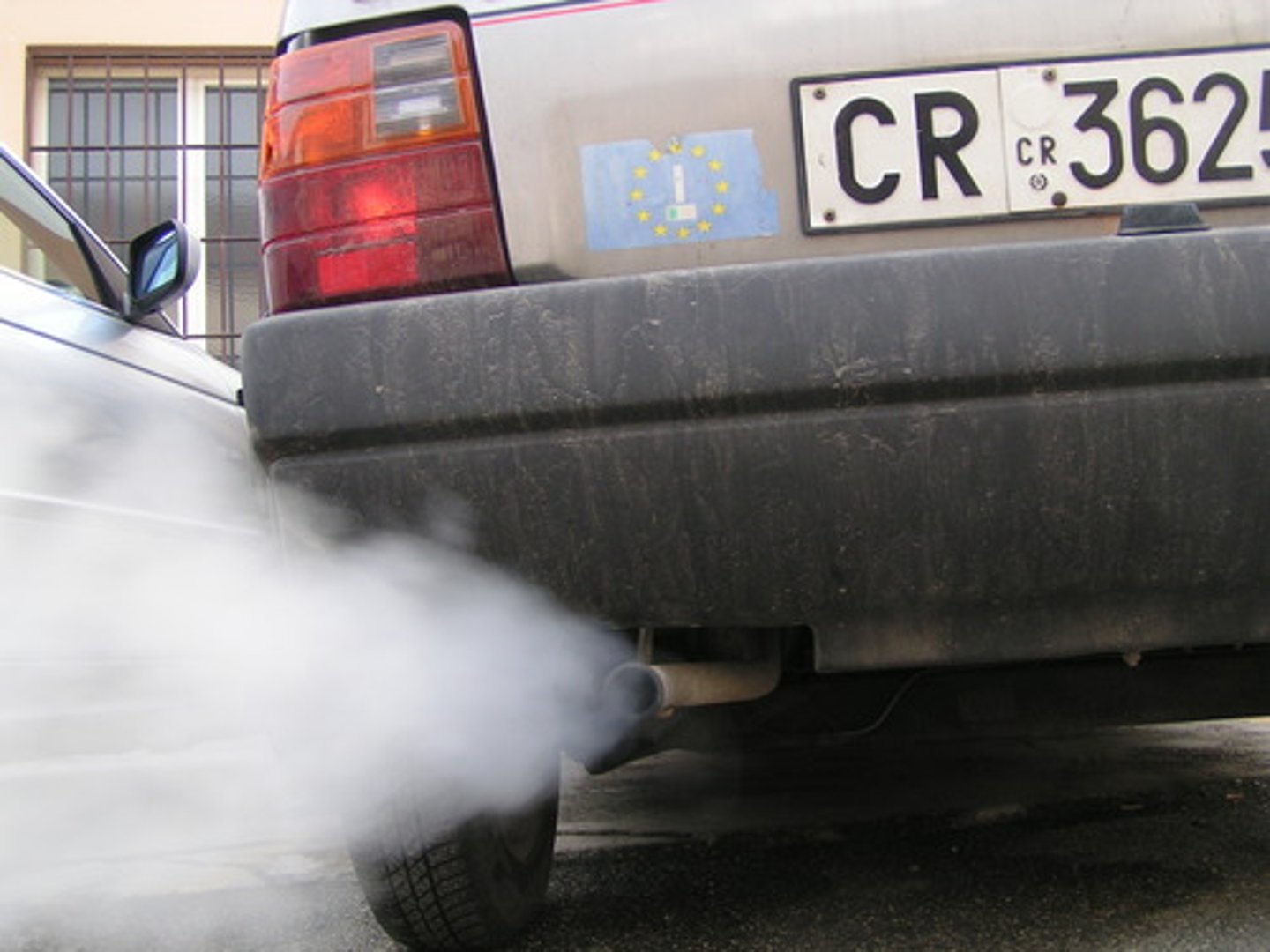
Carbon neutral
Burning bio-fuels can be considered a carbon neutral process because it releases the same amount of carbon dioxide into the atmosphere as the crops absorbed for photosynthesis when they were growing
